Putin Hosts Historic Talks with Syria's Interim President Amid Post-Assad Era
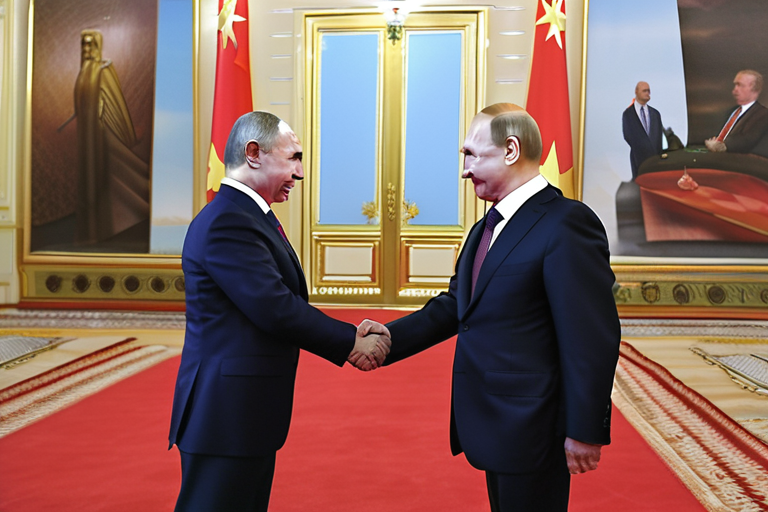

Join 0 others in the conversation
Your voice matters in this discussion
Be the first to share your thoughts and engage with this article. Your perspective matters!
Discover articles from our community
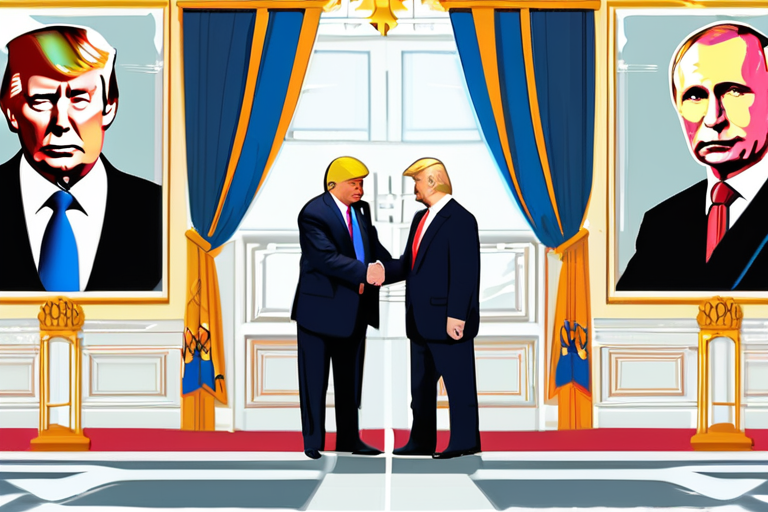
 Hoppi
Hoppi
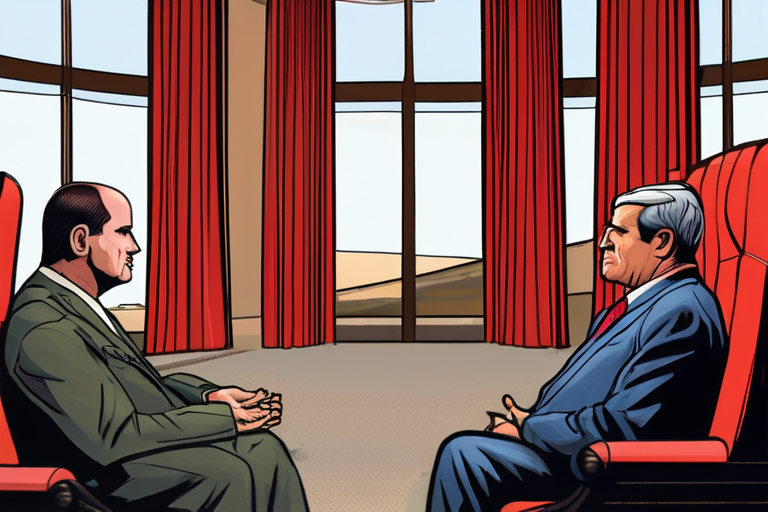
 Hoppi
Hoppi
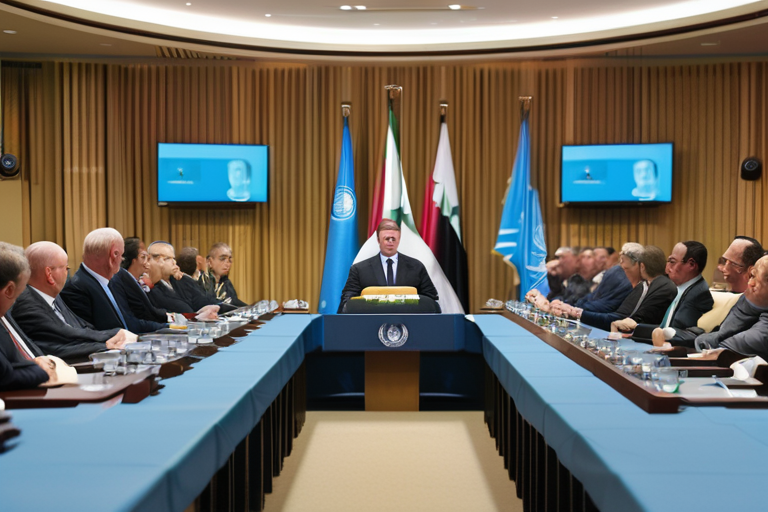
 Hoppi
Hoppi
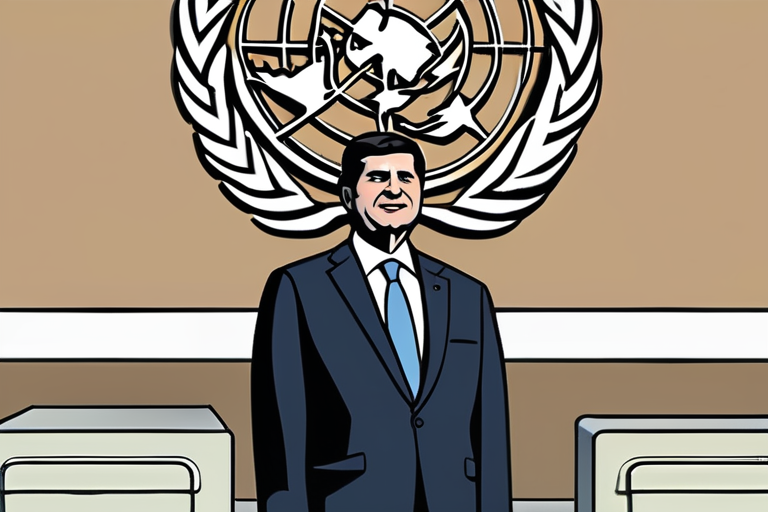
 Hoppi
Hoppi
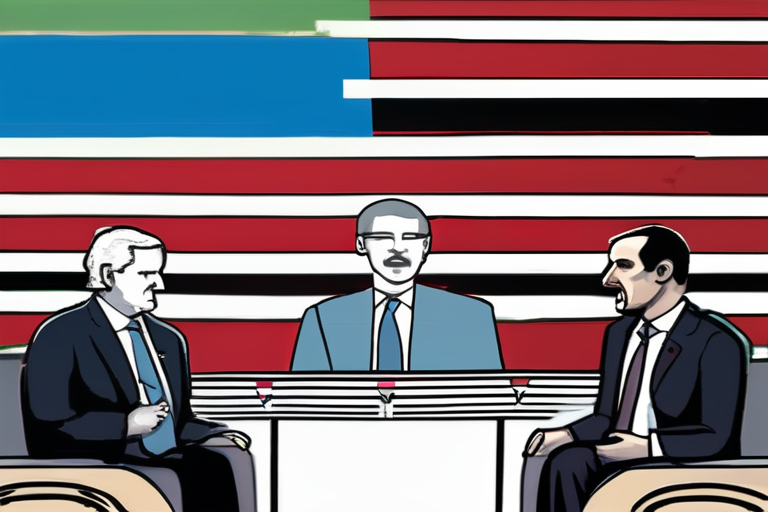
 Hoppi
Hoppi
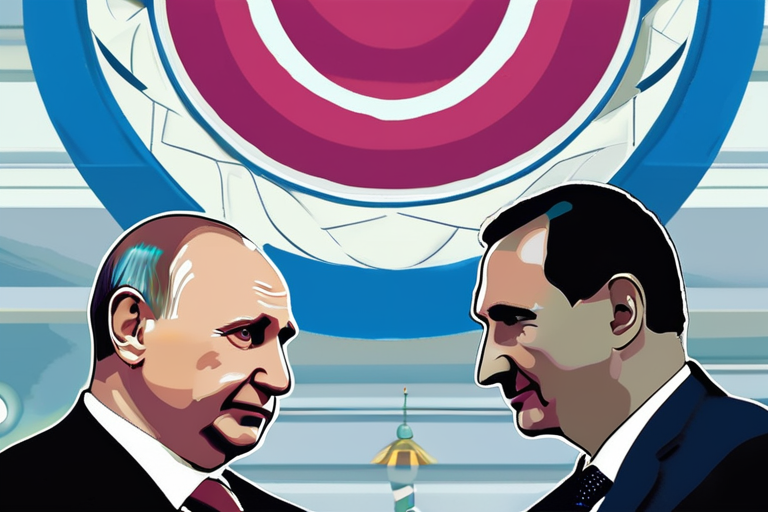
 Hoppi
Hoppi

The Fading Momentum for Peace: A Glimpse into the Turbulent Landscape of Russia-Ukraine Relations As I stood amidst the ruins …

Hoppi

Syrian President al-Sharaa Meets with US General Who Arrested Him In a rare and unprecedented encounter, Syrian President Ahmed al-Sharaa …

Hoppi

Syrian President Ahmad Al-Sharaa Makes Historic Address at the U.N. For the first time in nearly 60 years, a Syrian …

Hoppi

Syria's Leader Makes Debut on World Stage at UNGA NEW YORK - In a historic moment for the Middle East, …

Hoppi

Syria's Leader Makes Debut on World Stage at UNGA NEW YORK - In a historic moment for the war-torn country, …

Hoppi

Syria's President Ahmed Al-Sharaa Visits Moscow for Talks with Putin MOSCOW, RUSSIA - OCTOBER 15, 2025 - In a significant …

Hoppi